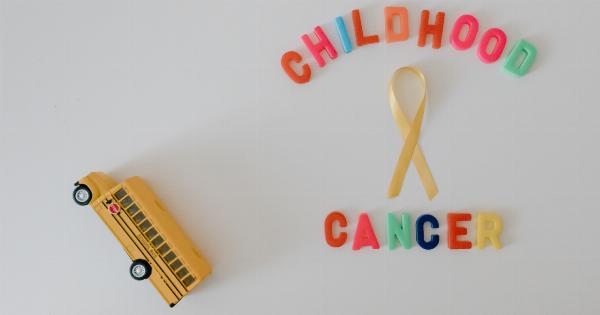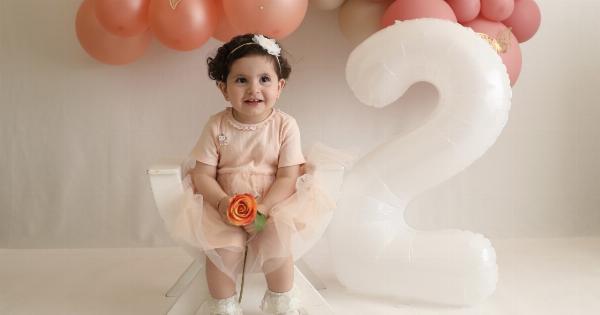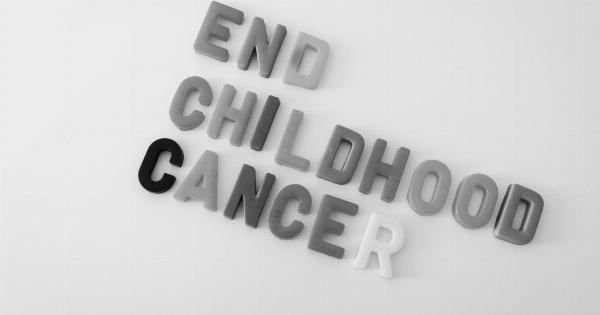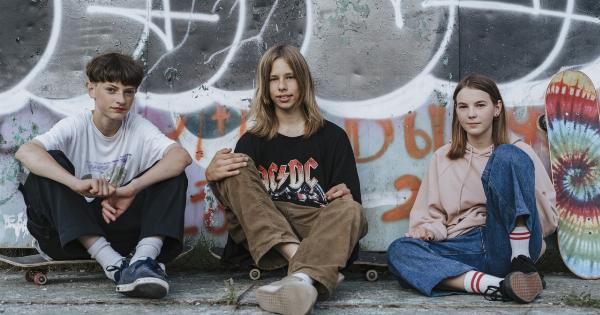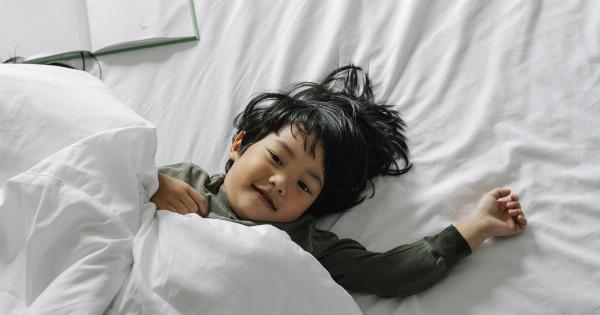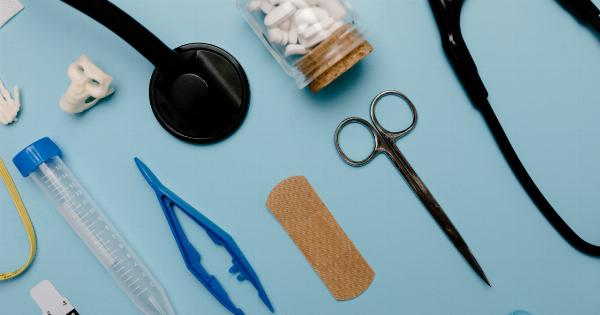Cancer is a word that strikes fear into the hearts of many parents. We all want our children to live long, healthy lives, but the reality is that cancer can affect anyone, no matter their age.
While childhood cancers are relatively rare, they do occur, so it’s important to be aware of the signs and symptoms.
What is childhood cancer?
Childhood cancer is any cancer that occurs in a child under the age of 18. The most common types of childhood cancer are leukemia, lymphoma, brain and spinal cord tumors, neuroblastoma, Wilms tumor, and bone cancer.
What are the signs and symptoms of childhood cancer?
The signs and symptoms of childhood cancer can vary depending on the type of cancer, but some general symptoms to look out for include:.
- Unexplained weight loss or loss of appetite
- Fatigue or lethargy
- Paleness
- Fever or frequent infections
- Persistent pain, such as headaches, bone pain, or joint pain
- Unusual lumps or bumps, including swelling or masses in the abdomen or neck
- Persistent nausea or vomiting
- Changes in vision, including blurred or double vision
- Bruising or bleeding easily
What should I do if I notice these symptoms?
If you notice any of these symptoms in your child, it’s important to consult with their healthcare provider right away.
While these symptoms can be caused by a variety of conditions, including minor illnesses, it’s always best to err on the side of caution and get your child checked out.
How is childhood cancer diagnosed?
Diagnosing childhood cancer typically involves a combination of physical exams, blood tests, imaging tests, and biopsies.
Depending on the type of cancer suspected, your child’s healthcare provider may also refer them to a specialist, such as a pediatric oncologist.
What are the treatment options for childhood cancer?
Treatment for childhood cancer depends on the type and stage of cancer, as well as your child’s overall health. Common treatment options include chemotherapy, radiation therapy, surgery, and bone marrow or stem cell transplant.
Your child’s healthcare provider will work with you to develop a treatment plan that’s tailored to your child’s specific needs.
How can I help my child through cancer treatment?
Cancer treatment can be a difficult and stressful time for both children and their families. Here are some tips for supporting your child through treatment:.
- Be open and honest with your child about what’s happening. Use age-appropriate language and answer their questions as honestly as possible.
- Encourage your child to express their feelings, and validate those feelings. Let them know it’s okay to feel sad, angry, or scared.
- Try to maintain a sense of normalcy in your child’s life as much as possible. Stick to familiar routines, and encourage them to participate in activities they enjoy.
- Take care of yourself. Caring for a child with cancer can be emotionally and physically exhausting. Make sure to take time for self-care, and consider seeking support from a trusted friend or counselor.
Can childhood cancer be prevented?
Unfortunately, there is no guaranteed way to prevent childhood cancer. However, there are some steps you can take to reduce your child’s risk, such as:.
- Encourage a healthy, balanced diet that includes plenty of fruits and vegetables.
- Ensure your child gets regular exercise.
- Protect your child from the sun’s harmful rays by using appropriate sunscreen and protective clothing.
- Stay up-to-date on recommended immunizations.
Final thoughts
While childhood cancer is a scary possibility, it’s important to remember that most children do not develop cancer.
By being aware of the signs and symptoms, seeking prompt medical attention, and taking steps to reduce your child’s risk, you can help ensure your child stays healthy for years to come.





